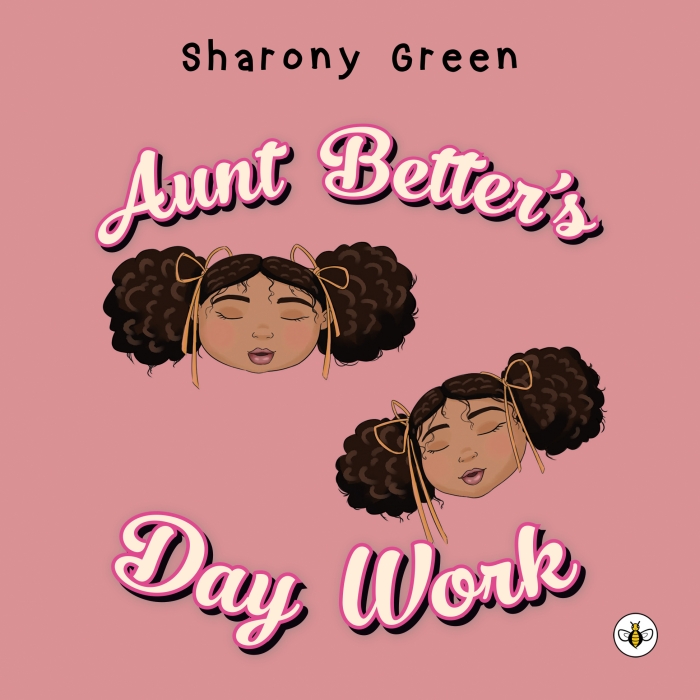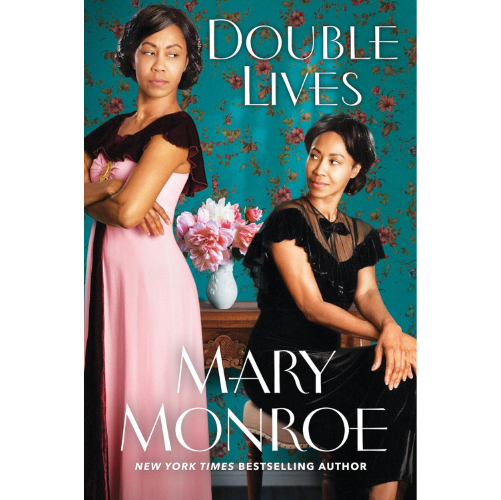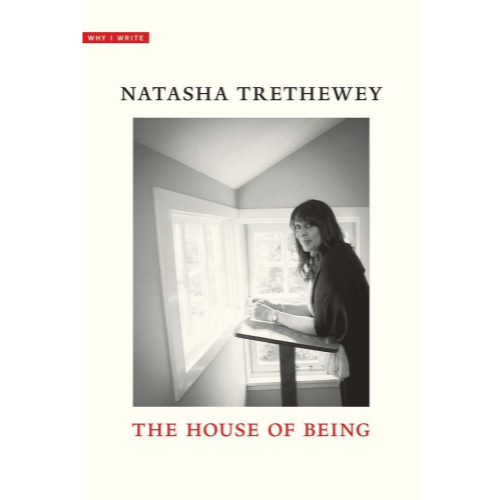by Rose McLarney
Penguin Poets, 2024
Paperback: $20.00
Genre: Poetry
Review by Ken Autrey
Poet Rose McLarney’s Colorfast is her fourth full collection, her third published in the prestigious Penguin Poets series. As in her previous work, the poet’s southern Appalachian roots are readily visible here. There are frequent references to family heritage, gardening, the lush natural world, and her home in western North Carolina, with its somewhat exalted title as “the gem mine capital of the world.” But these poems take us well beyond any regional boundaries and become an extended series of queries about what we value and how we should conduct our lives.
The poem, “Economy of Language,” not quite midway into the collection, reflects on thrift as a policy, especially when away from home, and quotes the standard dry cleaning order form, available in many hotels, which includes warnings, such as “Brighter colors may not hold fast.” Aside from echoing the book’s title, the four octets of the poem intertwine the values the poet grew up with and a concern with what we hold dear and what is lost, fades, passes away. This dichotomy reappears throughout the book.
In a number of poems, McLarney highlights the women’s world in which she was raised. In “All the Elizabeths” we encounter the folk wisdom and rituals that supposedly sustained young women. Another foray into the past evokes her grandmother’s drafting of arrangements for interior decoration in contrast to the poet’s very different work on paper. Some poems draw attention to the subtle power of cooking among her female forbears. In “Nutmeg and Mace,” she writes,
In the beginning, my mother
held the spoon that fed me.
Hers are the hands that seasoned
the first of every of my tastes.
The two longest poems here both apply in different ways to kitchen work. “Receipts” (a title seeming to echo the word “recipes”) refers to the kitchen as the historical site of learning for women and then examines the poet’s own relationship with this limitation. She writes,
Do I overlook the opportunity
to study the imperatives in recipes?
Pound, peel, slice,
scald, stir, skewer:
Is a cook not given examples
of how to speak commands?
Another long poem, “Cakewalk,” recalls the cakewalks in her elementary school that the poet’s mother, who favored nutritious vegetables, wouldn’t allow her to take part in. She recalls a classmate whose mother made cakes but could provide little else for her child. Only later did the poet learn the racist origins of cakewalks.
The poet’s mother is a constant presence through this collection, whether mentioned explicitly tending a garden, making blackberry jam, at her father’s deathbed, or evoked implicitly in poems such as “Silences.” She remains an exemplar of women in the poet’s past and present who inhabit many of these poems, their skill, wisdom, and fortitude in the face of trouble serving as inspiration.
There is also gentleness and love here, the comfort of a good man, as when, following the devastation of a miscarriage, we read:
I can put on that lipstick again, without
any dinner party to attend to wear it off
down your skin. The color kissed away,
something of mine, will enter your body.
To wait until when we’re swallowed
by the dirt, for such togetherness then.
Aside from the obvious prominence of taste and smell in some of these poems, the collection as a whole includes all the senses. The brash cover of the book itself, featuring a red dress seemingly cast upon a bed, prepares us for the prevalence of color throughout. “Heart” reflects on how madder-root when ingested by birds turns their beaks and bones red; then the poem neatly pivots to a commentary on love and inner beauty. Similarly, in “The Collectors of Local Minerals Are Likelier to Find What They Seek,” the poet begins with a reference to rubies and more ordinary stones and turns this dichotomy into a metaphor for women and marriage. “Meditation on a Faded Dress and What Can Be Done” connects “dye,” as in coloring, with its homophone, “die,” as in fading out completely.
Just as McLarney’s poems are often threaded with color, frequently red, many of them rely on a close attention to words themselves. “Giving It Thought” examines the word “invasives,” not only as it applies to non-native plants and animals but also for its relevance to human relationships or conflicts. One of two poems titled “Her Own,” turns on the peculiar connection between “sillage,” a perfume scent, and “silage,” pungent fermented cornstalks. The poem title, “Crepuscular,” a little-known word for twilight, as in early dawn or dusk, moves the poet to reflect on her early morning runs and imagine having been observed by a cougar, now declared extinct in her state.
Cats of a more domestic sort figure frequently in this collection, appearing in poems such as “Stretch and Span,” and “Each Morning Again.” In “Articulated, in Two Parts,” McLarney contrasts the cat’s use of a tongue merely to bathe herself with the poet’s creation of language:
My mouth
I use to shape words. To make sound greater than itself,
stand for a meaning, serve as reference to some other thing.
Most poems in Colorfast rely on regular patterns, sometimes couplets or tercets, sometimes longer groupings of lines. As a whole, the collection manifests a great variety of forms. The precision of the poet extends to stanzaic shapes, some of them traditional, others taking on her own nonce arrangements, form always serving the sense of the language.
As a whole, this wonderful volume is a tribute to the poet’s heritage of place and people, her felt kinship with the natural world, particularly the animals within it, and the gift of language which sustains us and marks us as human. Loss is prominent in our lives, and much of what we love fades like washed-out colors. “You must know/ things by their moving away,” the book’s final poem asserts, yet these poems insist that there is much to which we can hold fast.
Ken Autrey’s work has appeared in Chattahoochee Review, Cimarron Review, Poetry Northwest, Southern Poetry Review, Texas Review, and many other journals. His collection, Circulation, was published in 2023 by Dos Madres Press. In addition, he has published three chapbooks, the most recent of which, Penelope in Repose, won the 2021 Helen Kay Chapbook Contest. Emeritus Professor of English at Francis Marion University, Autrey lives in Auburn, Alabama, where he helps coordinate the Third Thursday Poetry Series.






Leave A Comment
You must be logged in to post a comment.